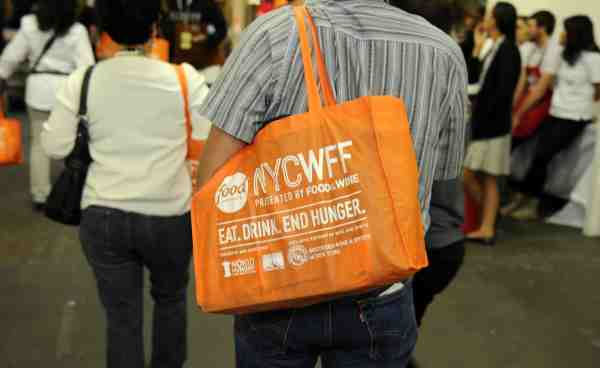Rising Food Prices Causing Hunger in Poor Countries
Rising food prices are causing poor children and families in developing countries to sink deeper into hunger and malnutrition, according to Children International, a leading U.S.-based humanitarian organization.
It states that according to the Food and Agriculture Organization, 925 million people around the world go hungry each day compared to 848 million in 2007. Experts blame the high cost of gasoline and diesel fuel as a main cause for the spike in food prices globally.
As gas prices soared in 2010, food prices have risen with the same speed, leaving poor families helped by Children International with few options. Most poor parents work long hours for little pay and lack the money needed to purchase food and cook a nutritious meal.
“The families and children we serve are already living on the edge financially – earning an average of $1 a day. Many of our families tell us when food prices rose this year, they couldn’t cope with stretching their meager earnings any further and have come to us for help,” said Kathryn Osborn, health program officer for Children International.
[ Also Read: Miss Universe Helps Poor Kids in Mexico ]In a report on nutrition rehabilitation, Osborn says the number of children suffering from malnutrition and entering the organization’s nutrition rehabilitation program has risen 12.5% over the past year. Of those children, 93% were suffering from moderate to severe malnutrition.
Children International’s president and CEO Jim Cook said, “Especially during these uncertain times, we serve as a safety net until poor families can get back on their feet. There are so many children now receiving the nutritious food and assurance they need.”
Those families now are relying on Children International’s nutrition programs to help. One such program provides for emergency family support or food vouchers for up to three months to help families.
Vouchers help families affected by extreme circumstances, family crises like unemployment or death with much needed relief. The program also works with schools to ensure children living in high-risk areas receive at least one nutritious meal each day.
The organization also provides other families with ready to use therapeutic foods along with family education on affordable and nutritious cooking techniques.






